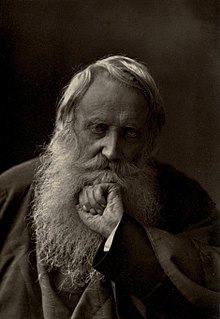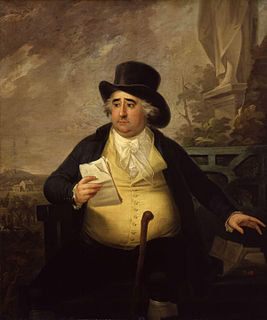A Quote by George Santayana
Most men's conscience, habits, and opinions are borrowed from convention and gather continually comforting assurances from the same social consensus that originally suggested them.
Related Quotes
The hell of human suffering, evil and oppression is paved with good intentions. The men who have most injured and oppressed humanity, who have most deeply sinned against it, were according to their standards and their conscience good men; what was bad in them, what wrought moral evil and cruelty, treason to truth and progress, was not at all in their intentions, in their purpose, in their personal character, but in their opinions.
I'm a full-time believer in writing habits...You may be able to do without them if you have genius but most of us only have talent and this is simply something that has to be assisted all the time by physical and mental habits or it dries up and blows awayOf course you have to make your habits in this conform to what you can do. I write only about two hours every day because that's all the energy I have, but I don't let anything interfere with those two hours, at the same time and the same place.
But what of the voice and judgment of conscience? The difficulty is that we have a conscience behind our conscience, an intellectual one behind the moral. ... We can see quite well that our opinions of what is noble and good, our moral valuations, are powerful levers where action is concerned; but we must begin by refining these opinions and independently creating for ourselves new tables of values.
Regimes are modes of self-discipline, but are not solely constituted by the orderings of convention in day-to-day life; they are personal habits, organised in some part according to social conventions, but also formed by personal inclinations and dispositions. Regimes are of central importance to self-identity precisely because they connect habits with aspects of the visible appearance of the body.
I like playing the social convention. If you're in a period drama, there's always something dancing underneath the surface as a human - but then you always have to conform to the social conventions around you, and those two things get to be juxtaposed against each other. You're being human, but you're trapped within the social convention of the time.
Differences in political opinions are as unavoidable as, to a certain point, they may perhaps be necessary; but it is exceedingly to be regretted that subjects cannot be discussed with temper on the one hand, or decisions submitted to without having the motives, which led to them, improperly implicated on the other; and this regret borders on chagrin when we find that men of abilities, zealous patriots, having the same general objects in view, and the same upright intentions to prosecute them, will not exercise more charity in deciding on the opinions and actions of one another.
No human government has a right to enquire into private opinions, to presume that it knows them, or to act on that presumption. Men are the best judges of the consequences of their own opinions, and how far they are likely to influence their actions; and it is most unnatural and tyrannical to say, "as you think, so must you act. I will collect the evidence of your future conduct from what I know to be your opinions."






































